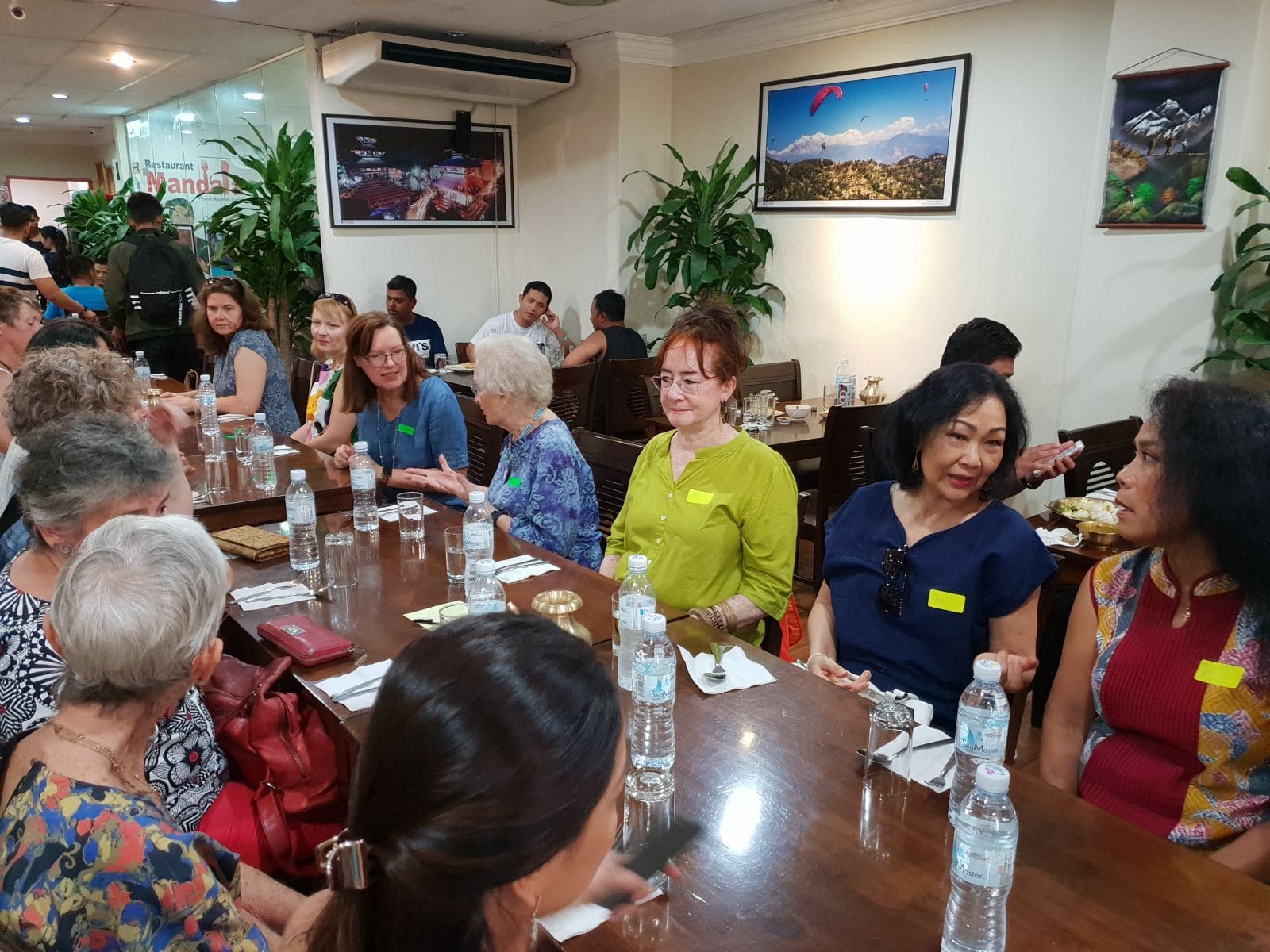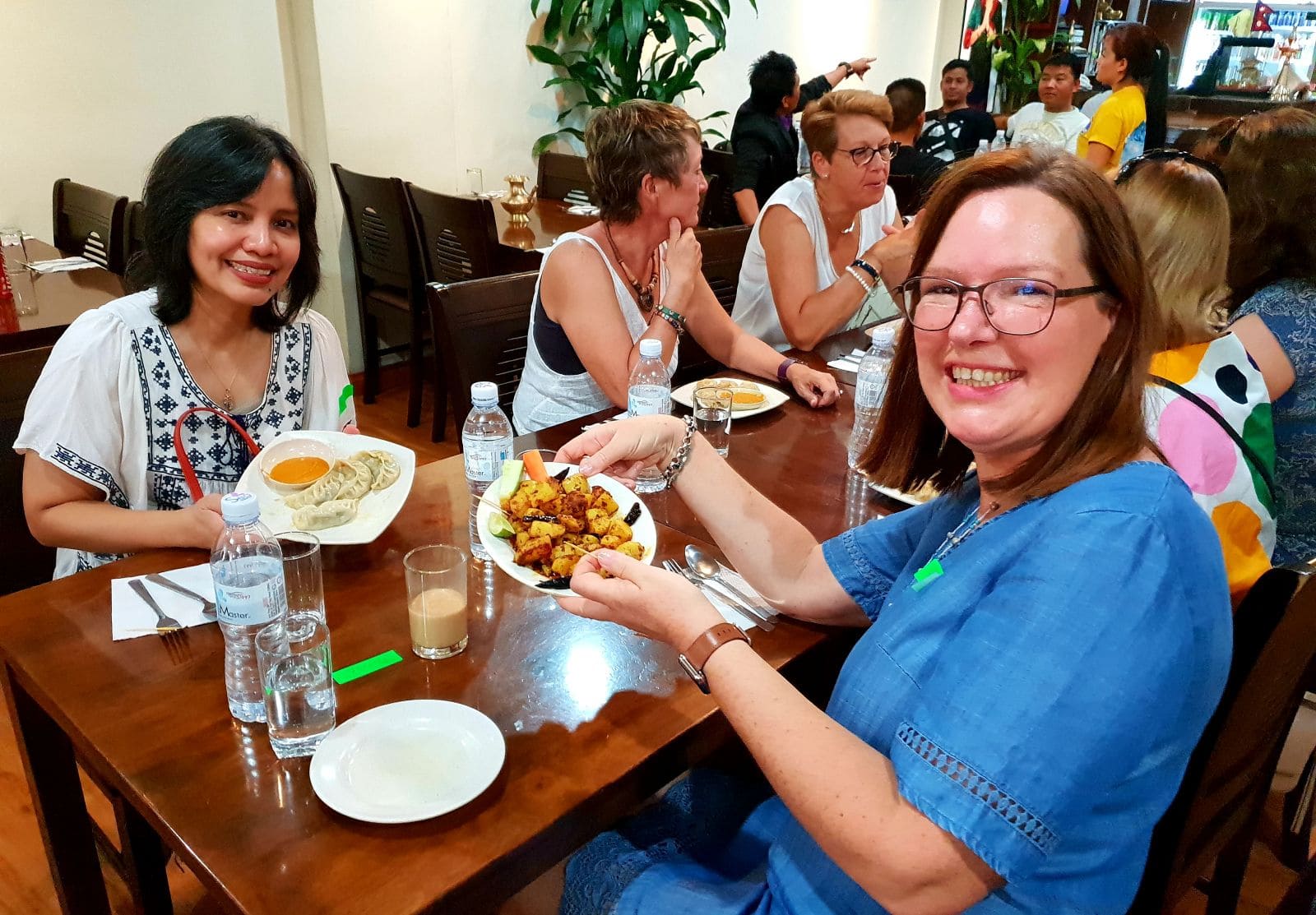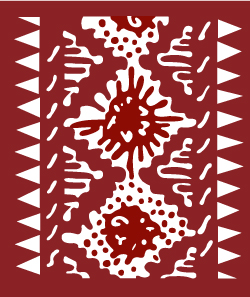April ENAK experience

On Thursday 12th April, 25 MCG members came together to enjoy Nepalese cuisine in Kuala Lumpur. A couple of days before the event, the organization of the April ENAK suffered a few hiccups! On very short notice, which was outside the control of the restaurant owner, our original venue shut down for renovation, courtesy of the landlord of the property. Priti and I went in different directions looking for an alternative venue. Given that there are at least eight or more Nepalese restaurants in KL city, it was possible to find an alternative, and we decided upon Restaurant Mandala in Jalan Medan Pasar, very close to Central Market. New emails were sent out and without fail, members who signed up for the April ENAK showed up at the designated restaurant.

Why Nepalese cuisine for ENAK?
Nepal and Malaysia established diplomatic relations in January 1960, but their bilateral relations developed from historic grounds based on goodwill and mutual understanding, as people from Nepal have been coming to work in Malaysia for a very long time already. Since 2001, an agreement was officially signed between the two governments to allow Nepalese manpower to work in Malaysia.

According to the Nepalese Embassy, Malaysia’s immigration records in November 2017 show that there were 400,000 migrant workers from Nepal working in Malaysia, however, the figure is closer to 700,000 now. Nepalese favour Malaysia over other destinations, due to its climate, easy access, and high demand for their services. Malaysia also provides scholarships to Nepalese students. With such a long history of the Nepalese Diaspora in Malaysia, contributing to the Malaysian economy, one can find several restaurants serving their cuisine as well in KL. April ENAK seemed like a good opportunity to introduce Nepalese cuisine to the MCG members.

Nepalese cuisine
Nepalese, especially from Kathmandu, have been traders for generations and their food is very much influenced by their neighbours in the North i.e. Tibet, and North India towards the South. In ancient times, the traders had to travel for days, months and were away from their home for a very long duration, and these journeys were fraught with dangers. Some got married in the new land, brought their wives home, and many learnt to cook dishes of their host country, which then was later introduced in their home kitchen.

Nepal also hosted many Tibetan refugees during their exodus, starting in the 1950s along with the flight of Dalai Lama from Lhasa to India. Dishes originally from Tibet, such as “momos” – close to Chinese dumplings but with thicker dough and more savoury fillings served with spicy tomato sauce, and “thukpas” – a noodle soup - are now staple diets in Nepal. We picked a couple of varieties of dishes from the Himalayan Kingdom to provide a taste of their food, catering also to the vegetarians in our group. There were chicken momos, vegetarian momo, and ‘alo sandheko’ – spiced potato dish – for the gluten free option along with Nepali chai – milk tea infused with cardamom, followed by Nepali Khana for all, which was served on typical brass utensils found in a Nepali household.

Nepali Khana, which is close to Indian Thali consists of a plate of rice, usually served with tarkari – a mixed vegetable dish, dhal – usually black lentils, sag – fried greens, gundruk – fermented greens either stir fried or made into a spicy sour soup, along with home made pickles. A Nepali household without a variety of pickles to showcase their pickling talents is considered a poor house indeed. A meat dish is usually part of the Khana and can be chicken or mutton depending on personal taste. In a Nepali kitchen, there is less use of spices unlike the Indian kitchen, varying between fresh ginger, garlic, coriander, cumin and mustard seeds All in all, a successful ENAK outing, especially to see our MCG members clearly enjoying the experience of trying a new kitchen, and the added bonus of having Dawn Babcock, a former MCG member & President, who introduced ENAK to MCG in 2010 join us! Bindhya Priesner with Priti Parikh, April ENAK organizers.
